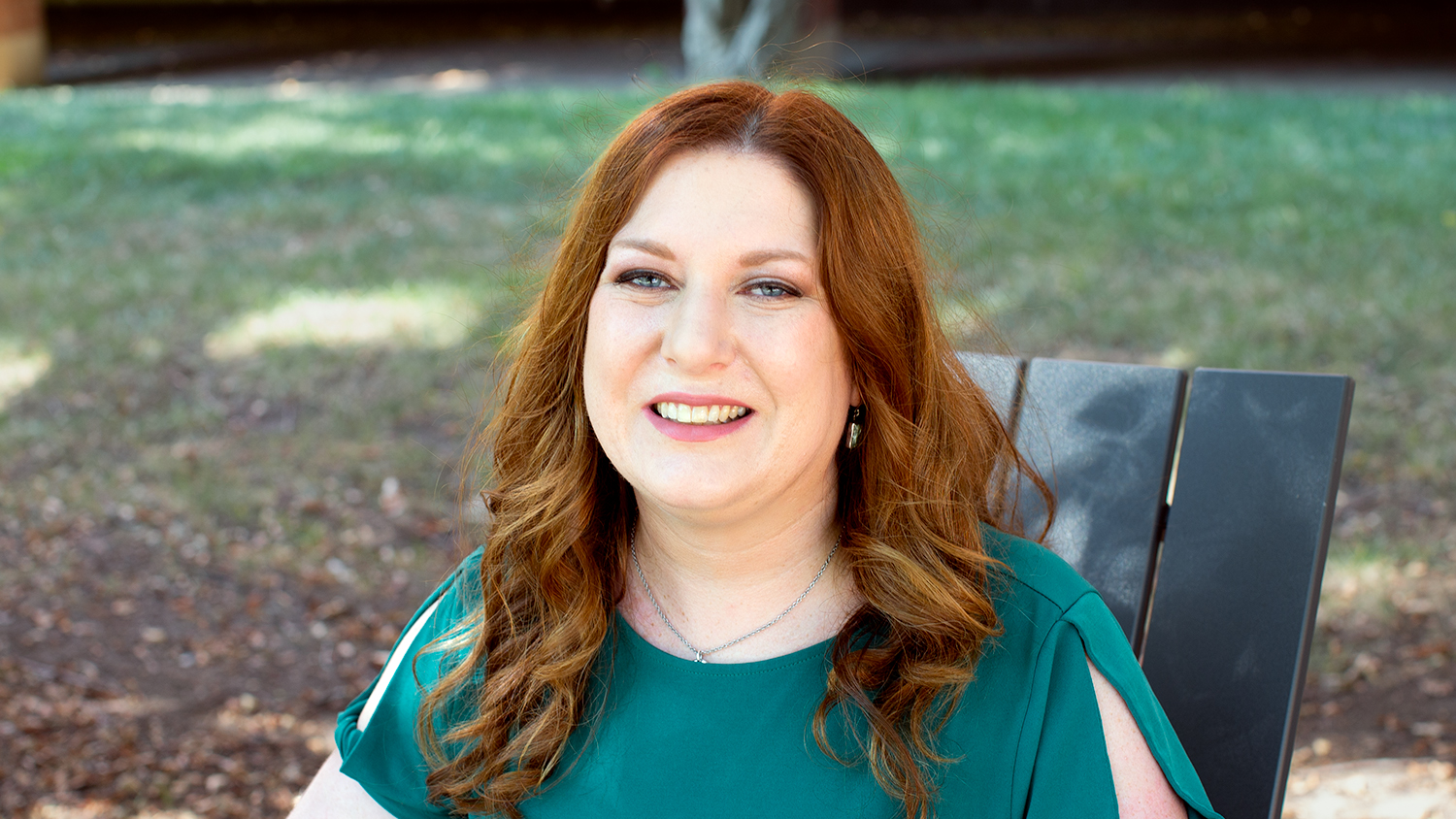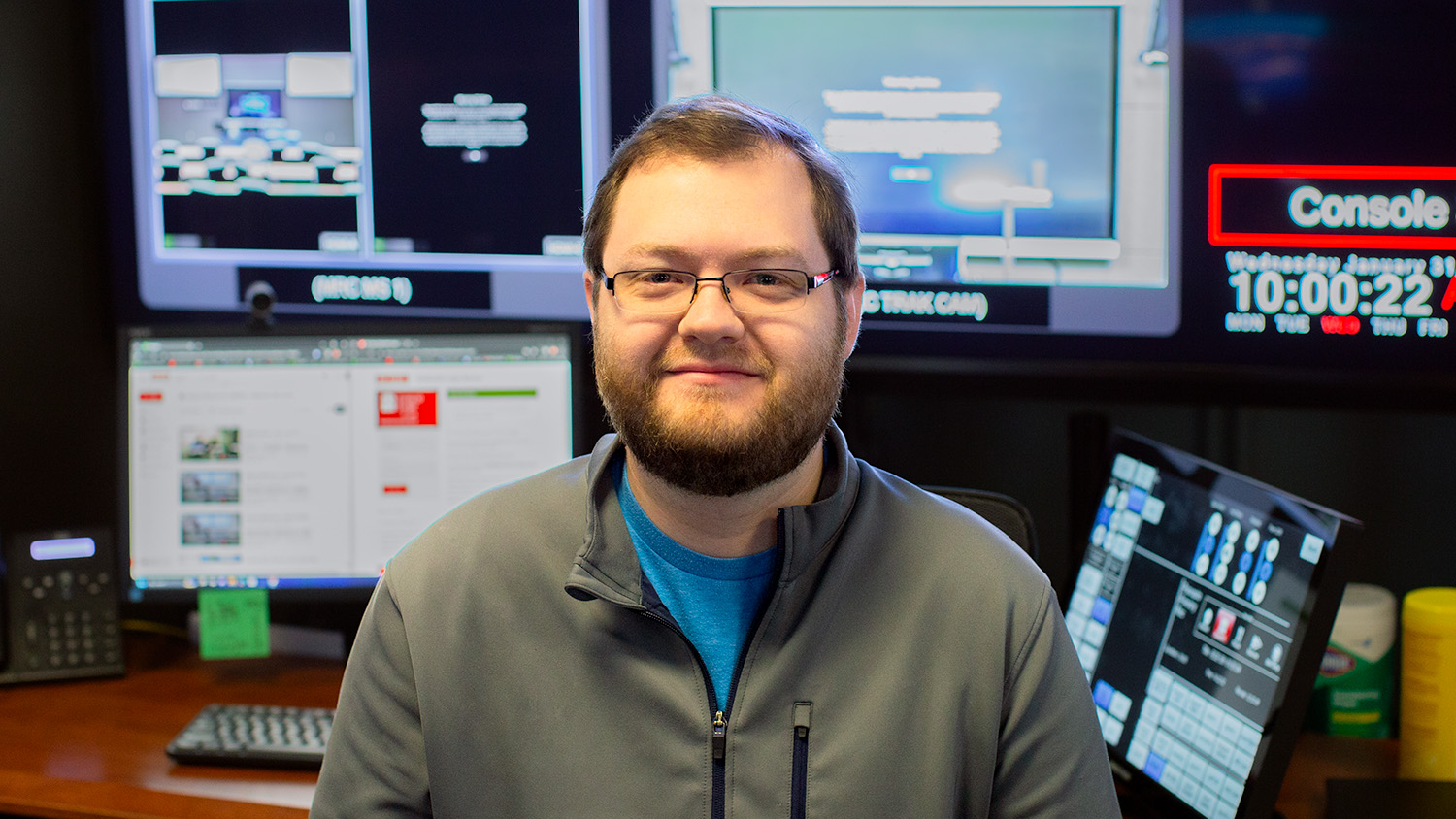Inside DELTA: 5 Questions with Traci Temple

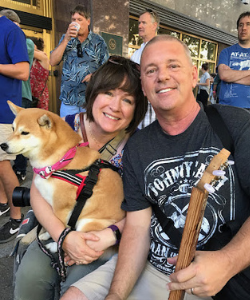
Director, DELTA Planning and Assessment Traci Temple has a diverse professional and educational background which she has used to serve DELTA for the past 14 years. While she’s a valued member of the DELTA family, she also taught as an adjunct associate professor in the College of Design.
Temple was born and raised in northern Connecticut. “I consider myself a New Englander even though I was born in the mainland. I grew up in a beautiful small town; there was always something to do from sledding and skiing in the winters to cycling and swimming in the summers,” she shares.
She earned her Bachelor of Science degree in medical illustration, Master of Arts in visual communication design, and Ph.D. in art education from The Ohio State University (OSU). Her time at OSU provided her with opportunities to practice medical illustration, where she entered operating rooms to observe surgical procedures which she would then illustrate later. She has also studied entomology, drawing insects, and illustrated for the OSU College of Veterinary Medicine.
Her unique background at OSU led her to DELTA, where she started as an assistant director for instructional development, later changing roles to associate director for instructional technology training.
“In both positions, I led and expanded DELTA’s large course redesign initiative, an element of which was focused on assessing its impact on student learning outcomes,” she says. “In 2013, Senior Vice Provost for Entrepreneurship Tom Miller asked if I would be interested in applying for the assistant director for planning and assessment position in DELTA, which is when the focus of my career shifted from training to leadership and strategic direction in research and assessment.”
How would you describe your position to someone unfamiliar with DELTA?
“We’re focusing on assessing digital teaching and learning,” says Temple. “It’s about asking a question or having an objective and finding answers. If we investigate a tool that was developed, asking what’s the impact of that tool on student learning [for example].”
Temple and her team focus on the significance of what DELTA is doing or making. Simply stated, they’re asking questions such as, “Does this work?” and “Is this helping?” in order to understand how DELTA can better support quality education. As DELTA’s focus has shifted over the years and throughout the pandemic, assessments are now not only being made for redesigned courses, but also blended and digital education courses.
“Are we providing quality education? And if not, why and how can we improve it?” Temple asks.
What is the most challenging aspect of your job?
“Assessment has somewhat of a negative connotation: it is perceived as something added onto a workload of what people may be doing,” she answers.
Temple explains how a huge part of her job is helping faculty see how assessment benefits everyone. Assessing is the process of telling the story of what the unit is doing and showcasing positive student outcomes. As she and her team gain information, they are able to show evidence of how to make things better across the board.
“We are always learning about what DELTA is doing that is successful and what can be improved,” she adds.
What has been your favorite project you’ve worked on?
Temple and her team worked with the physics department on the redesign of laboratory exercises for Physics 205 as lab spaces were limited for students. The team designed meaningful lab experiences in alternate settings through the use of kit labs. A schedule was created for portions of the class to work in the lab, while the other students switched off working outside of the lab with web-based support from teaching assistants.
“The project accommodated university and department enrollment growth by restructuring the use of lab space and implementing non-traditional lab experiences that were meaningful and effective,” she says. “It was really well thought out and executed, so much so the principal investigator acquired the National Science Foundation’s funding to continue the kit lab program. The project continues to be an excellent example of how rethinking courses/lab experiences can benefit students, instructors, departments and the university.”
What have you learned about yourself through your experience with DELTA?
“I’ve always known I’ve had an unusually crazy work ethic,” Temple explains. “I’ve become more cognizant of it, as I’ve learned to tailor my expectations to be more reasonable in a leadership role.”
She has become determined to strengthen her leadership skills and coaching to foster success among her team.
“I’ve learned about what true leadership is: being a compassionate, empathetic leader while maintaining high expectations,” she says. “What I value most is working with faculty and being able to help them.”
What do you like to do in your spare time outside of work?
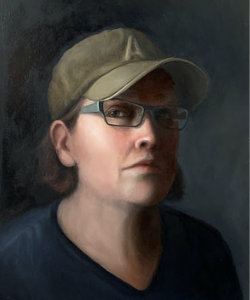
“I do quite a bit outside of work,” she says. “Art has always been at the forefront of my passions, specifically portrait and still life painting. I primarily work in oil, graphite, pen and ink, and sometimes ‘sketch’ in watercolor.”
Temple has a deep affection for animals. “Right now I have two dogs, five cats—don’t judge—and a horse,” she explains. She refers to her two Shiba Inus, Kishi and Miko, as her “sidekicks.” Prior to COVID-19, she enjoyed outings with them to coffee shops, greenways and parks where they can interact with people. When she’s not with Kishi and Miko, she’s spending time with her husband and horse, Juliette.
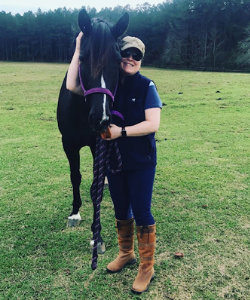
“Riding my horse is my escape from everything,” she shares. “She has a sweet personality and likes to be friends with everyone. Together we work on our dressage skills and I’m teaching her to jump. We also trail ride when it’s hot or when we need a change of scenery.”
Her appreciation for the arts has grown over the pandemic, as she’s taken up sewing. She sews masks and is learning how to make quilts and textile art.
“I’ve always appreciated my students who are textile artists,” she says. “Now I think they’ve just hung the moon!”
Temple continues to be a valued member of the DELTA team, as she strives to serve faculty by improving course instruction for student success.
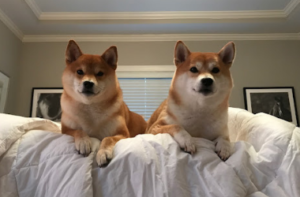
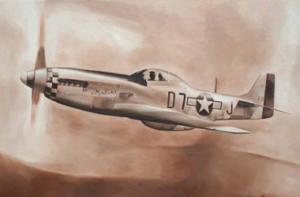
- Categories:

